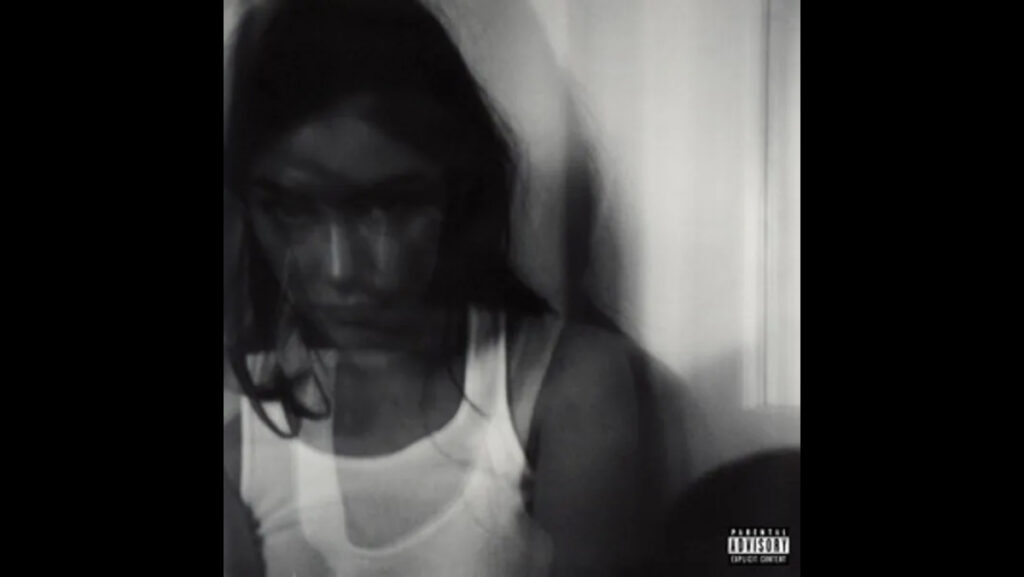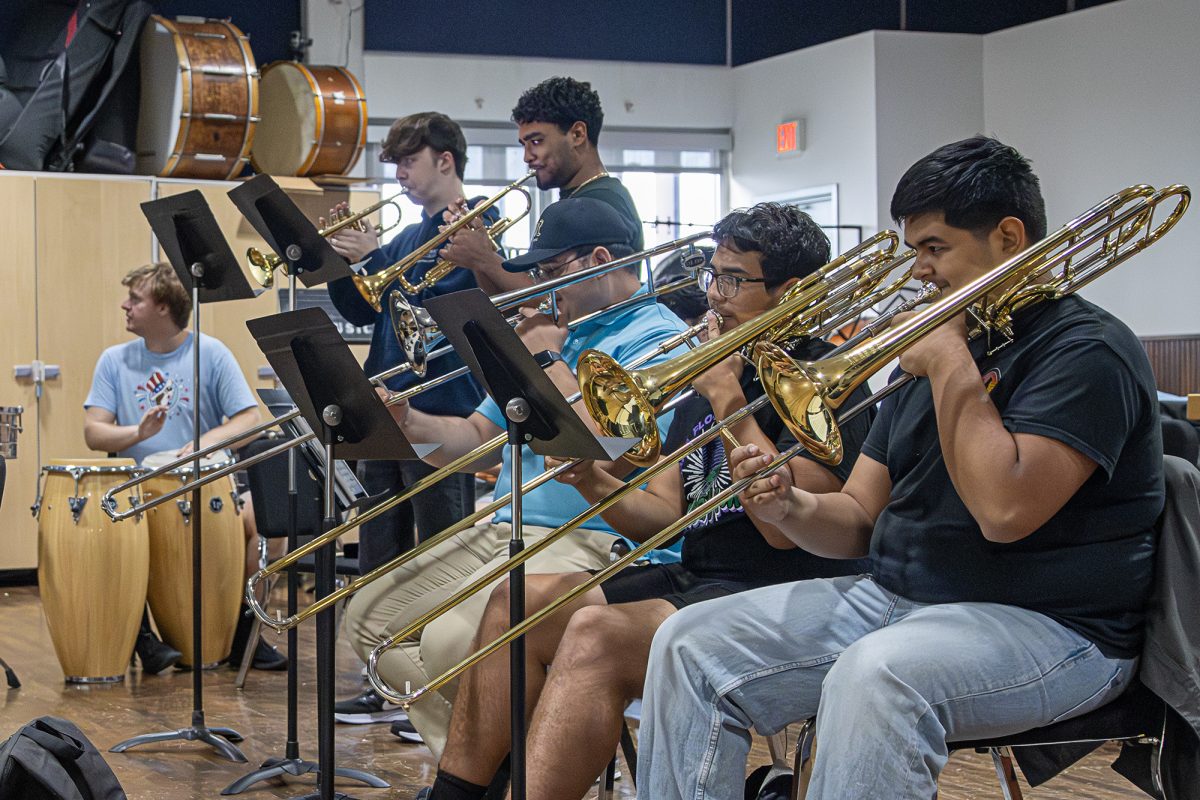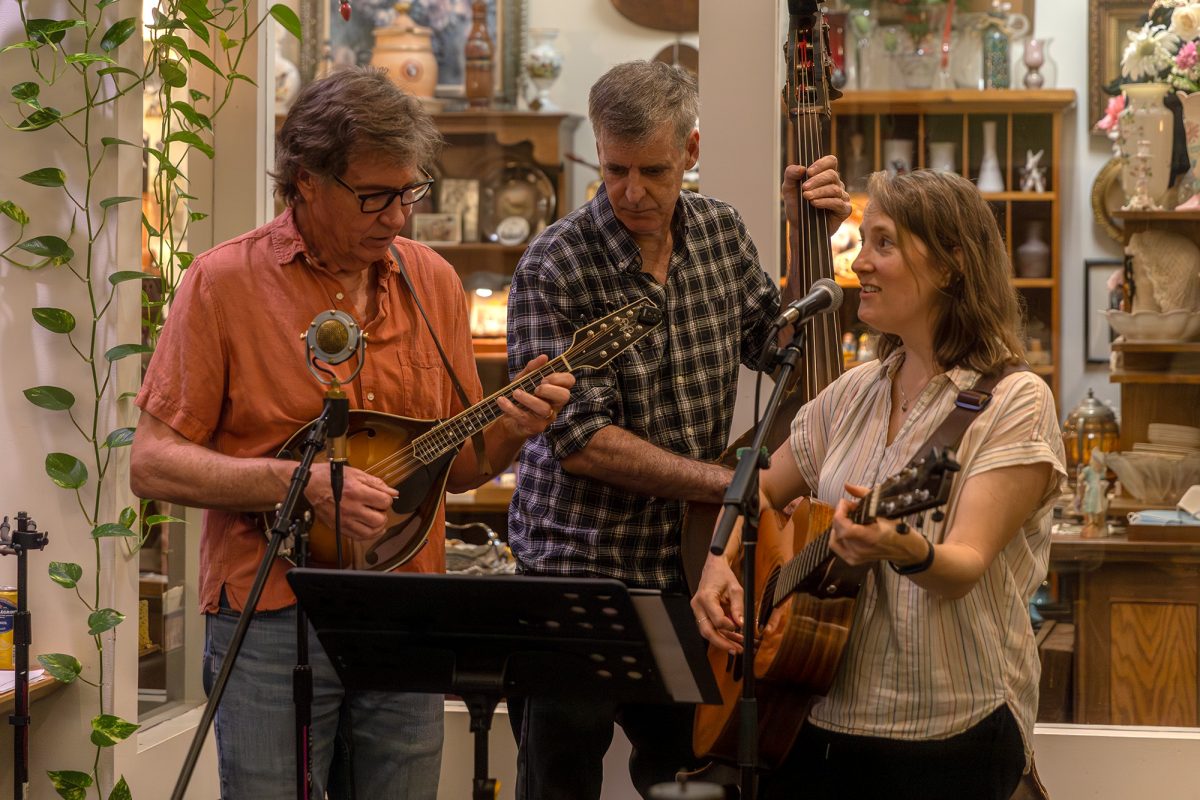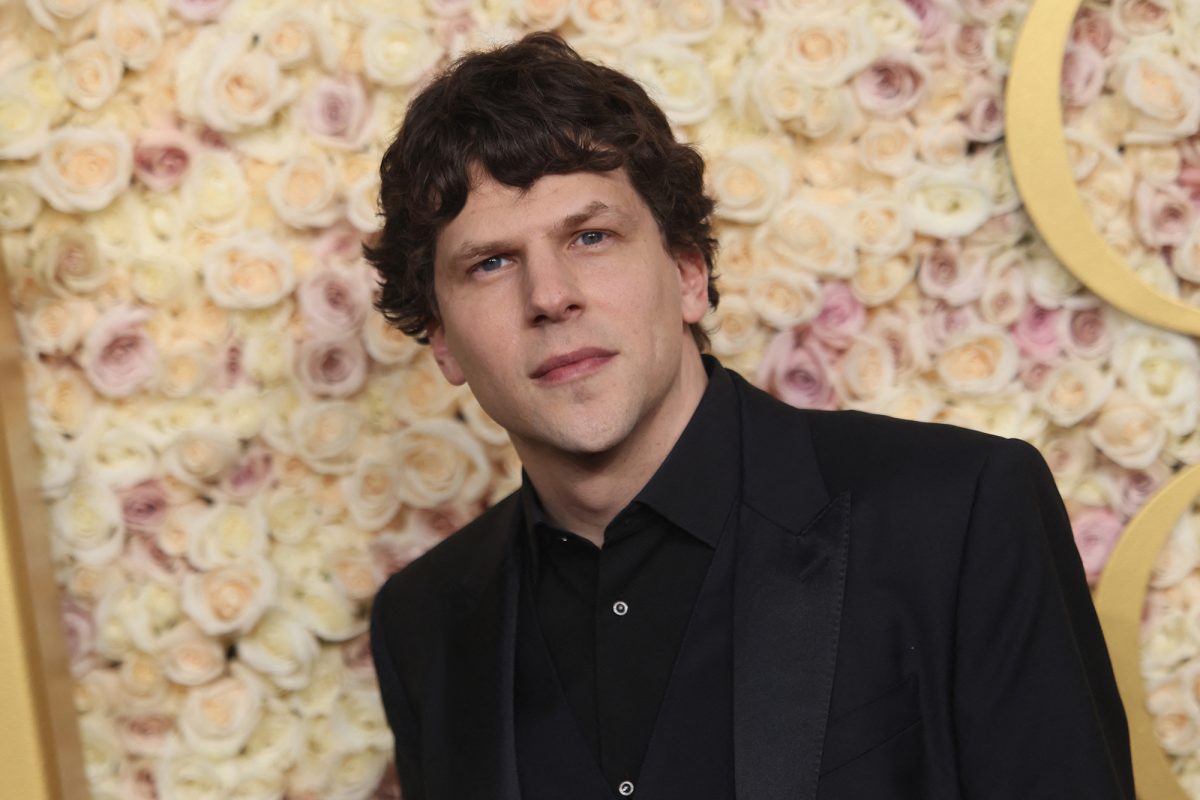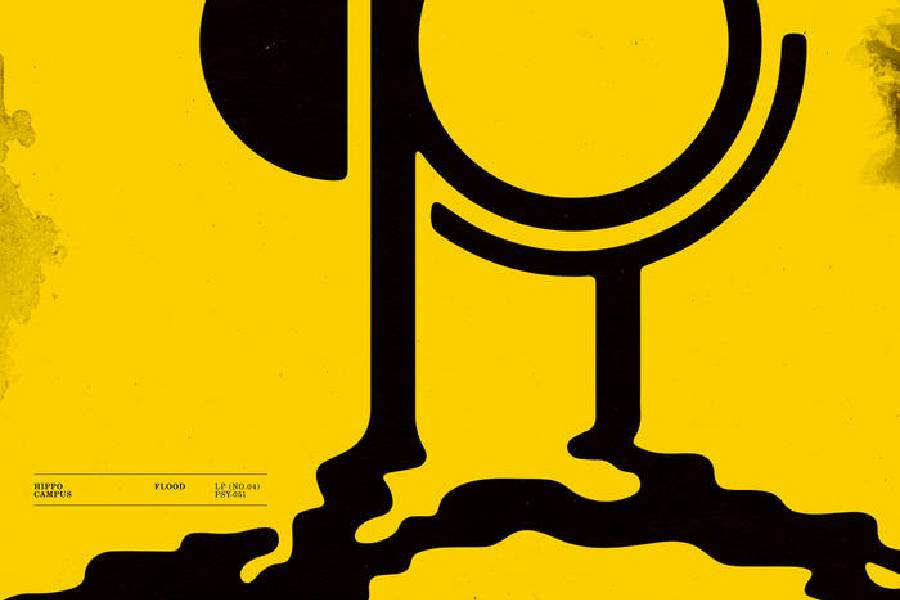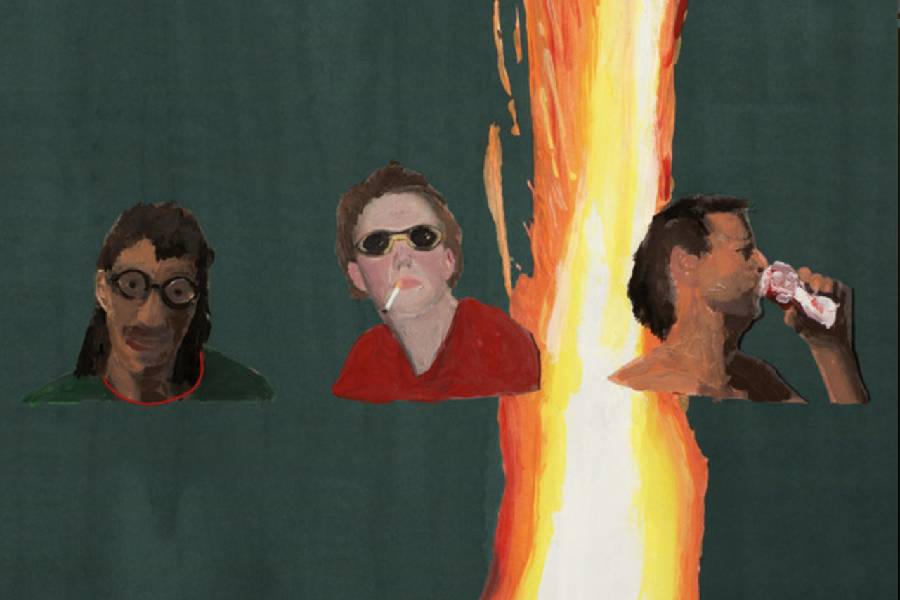Gracie Abrams’ debut album, “Good Riddance,” reveals the upcoming artist’s ability to storytell through music and the true vulnerability she offers to the industry.
In her four years on the music scene, two EPs and multiple hit singles have put Abrams in the pop spotlight, earning her a coveted opportunity opening in 15 cities for Taylor Swift’s highly anticipated tour this spring.
Abrams’ music focuses on her past relationships, using songwriting and music–making as an outlet to express deeply personal emotions that resonate with many. “Good Riddance” is no exception to Abrams’ repertoire, focusing on her past behavior that she regrets or has grown from and allowing listeners to experience some of the pain she feels while self-reflecting.
On one of the highlights of the album, “I should hate you,” Abrams vocalizes the torment of feeling something and knowing it is holding you back. With arguably the best bridge of the album, Abrams sings “And I swear to god I’d kill you / If I loved you less hard,” a simple yet powerful statement that can resonate with anyone.
The repetition of “I should hate you” over and over again in the chorus with no response or resolution amplifies the sadness of this song. While it is not a groundbreaking discovery, Abrams’ ability to articulate a feeling so many have experienced with nothing but a statement awaiting an undiscovered solution showcases her storytelling capabilities.
“Will you cry” perfectly follows “I should hate you” as an upbeat pop song that demonstrates the challenges Abrams faces from being stuck in old habits to breaking through and beginning again, a theme established in the whole album. Abrams’ breathy voice is accompanied by a thumping bass and subtle guitar strings as she sings “You don’t move me / I see through you / I don’t follow / I don’t want to,” almost as if she is trying to convince herself it is true. This part in the song parallels the chorus where Abrams pleads for this person’s attention, never to receive it. Abrams admits “Cause now I stop myself from holding onto something / that makes me feel a little less alive,” revealing she is finally beginning to heal from self-inflicted pain.
Abrams’ lyricism comes out in the lullaby-adjacent ballad “Amelie,” where she battles to discern reality from hope. Abrams recalls a short relationship that was important to her but insignificant to the other person. The comfortability of this relationship Abrams either recalls or dreams of someday having is what she truly “misses” when she sings, “I would give you all my time / When all your words felt like a nursery rhyme / I’m comfortable handing you my whole life / When all of your words / Felt like a funeral rite.” The somber lyrics expose a desire Abrams planted in many songs in the album: comfort and conclusion. Child-like ideas of solace and morbid parallels representing her fear of moving on reveal Abrams’ struggle to understand herself while still falling into old habits.
Out of a dozen songs on the album, “Right now” is the only one that expands beyond Gracie’s hyperfixation on the trials and tribulations of her past relationships, focusing on who she is after growing up and moving on. In this dynamic track, Abrams whispers lyrics exposing her fears about moving on and accepting herself over a base in the tune of a heartbeat. She sings “I’m so high / But can’t look down / Left my past life on the ground,” proving that she is no longer reminiscing on the past and finally embracing personal growth. The song ends with Abrams passionately claiming, “I think I’m more alive somehow / I feel like myself right now,” for the first time in the album accepting who she really is.
If Abrams is truly wishing good riddance to her past, this is the song in which she is finally able to. After a full album detailing failings and shortcomings, the singer is ridding herself of the negative people and thoughts of her past and loving who she is right now.
“Good Riddance” is a window into Abrams’ mind as she moves on from not only people of her past but the person she was with. While the tone of the album has a bit of grief and regret, as a whole it demonstrates the internalized back and forth knowing growth is necessary but being afraid of the changes that come with it. Although the target audience might be the heartbroken youth of America, some of the pain and relief Abrams paints in her album can be felt by anyone who has ever loved and lost.


